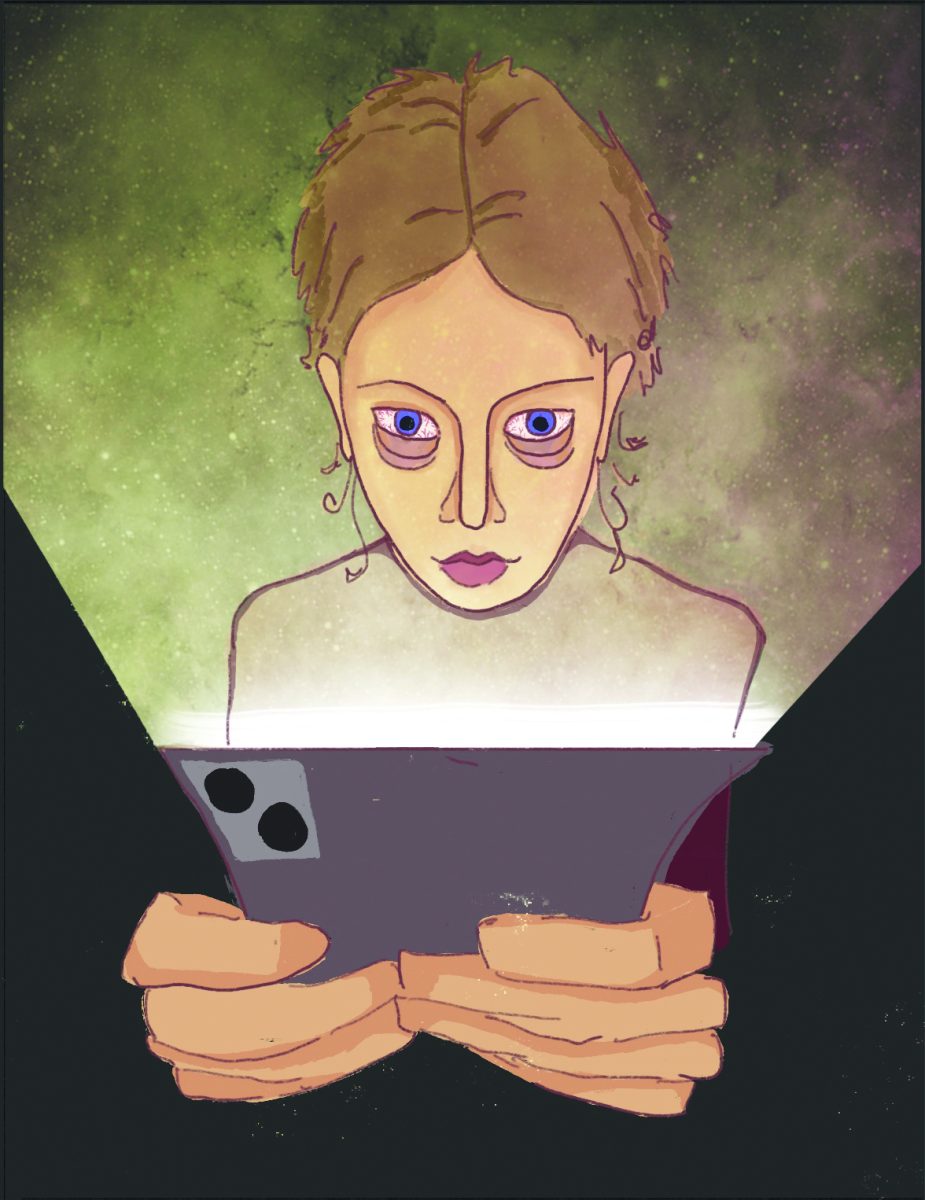Ari ’14
Last August, the Obama administration dropped its attempt to restrict the availability of emergency contraceptives, making the morning after pill available over-the-counter to Americans of any age. Prior to this decision, the morning after pill was only sold to women over the age of 17, who had to provide valid identification to a pharmacist in order to obtain the medication. Last year’s change in policy represents a crucial step for women’s health and reproductive rights. Why anybody would condemn it is inconceivable to me.
According to the Rape, Abuse and Incest National Network (RAINN), girls ages 16 through 19 are four times more likely than members of the general population to be sexually assaulted, and nearly half of all rape victims are under the age of 18. When considering that upwards of 60% of sexual assaults aren’t even reported to the police (and I’d assume that younger victims would likely shy from pursuing legal help) I think it is safe to infer that the true number of minors who are victims of sexual assault is even higher than reports indicate. Teenage rape victims who are too ashamed or too frightened to seek the help of an adult must know that they can take measures to ensure that their assault doesn’t result in an unwanted pregnancy.
One situation that could necessitate the purchase of emergency contraceptives by those under 17 is condom failure. During typical use, condoms prove ineffective 15% of the time. In the event that teenagers who are practicing safe sex end up with a broken condom, young people need be able to purchase emergency contraceptives.
Various tests by the U.S. Food and Drug Administration (FDA) have proven that emergency contraceptives are safer than aspirin and result in no long-term side effects. It’s also important to stress that emergency contraceptives are not abortion pills. They delay or inhibit ovulation, preventing an egg from being released into the ovary, thus eliminating the possibility of fertilization and pregnancy. They essentially halt the fertilization process before the egg and sperm even meet.
Furthermore, as females, we should be capable of making decisions regarding what happens with our bodies. There should be no question as to one’s legal right to purchase this emergency contraceptives.
Sonia ’14
Last year, the Food and Drug Administration (FDA) allowed for the sale of over-the-counter morning after pills regardless of the purchaser’s age. While I understand the importance of easy access to contraception, I suggest that the FDA impose an age restriction so that females 13 years of age and younger cannot purchase emergency contraception (EC). This age limit should only be enforced provided that the U.S. government takes strides to improve sex education in schools, better fund family planning services, and ensure that other, safer forms of contraception are readily available to all females.
Many people who disagree with the FDA’s recent decision believe that allowing young girls to freely purchase EC undermines the rights of parents, who should take some part in preserving the health and welfare of their children. Anna Higgins of the Family Research Council believes that America’s focus is in the wrong area. Instead of making potentially dangerous medications available to an emotionally and physically young demographic, the country should instead be making strides in improving parent-teen communication regarding “the medical… issues involved with sexual behavior.” Realizing that not all parents share close connections with their children and may not be able to discuss such issues, the government could also ensure that adolescents have access to health care providers who provide routine check ups and advise them about sex.
Dr. Jennifer Landa, a hormone specialist, voices concern over the FDA’s decision sending the wrong message about sex to young people. She agrees that the prevention of unwanted pregnancies is a good thing, but she advocates that more reliable forms of contraception be better promoted. Emergency contraception does not prevent the transfer of sexually transmitted diseases, and she fears that safer forms of contraception might be bypassed while emergency contraception like the morning after pill will be used as primary method of birth control.
Landa also warns consumers of the potential dangers associated with emergency contraception. The morning after pill has higher levels of progestin than is found in most birth control pills, which are known to cause side effects. Overusing morning after pills like Plan B can cause females to experience weight gain, depression, high blood pressure, and an increased risk of ectopic pregnancy.
By increasing funding for sex education in schools and ensuring that teenagers have access to family planning services, we will help to ensure that young people understand which forms of contraception serve as safe, viable options.








